October 2025
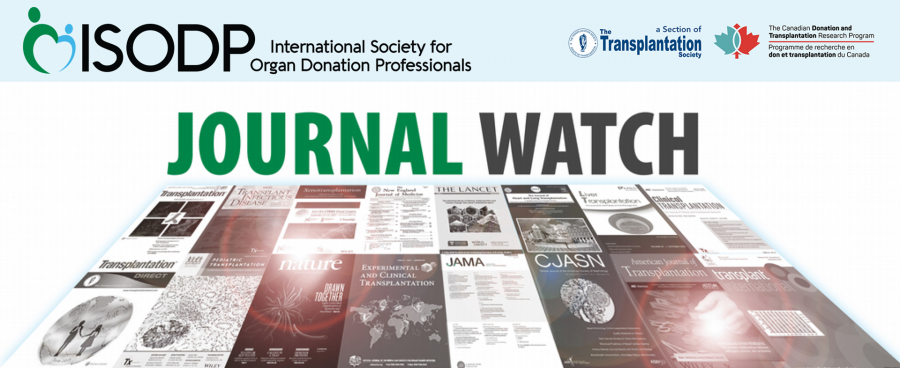
Introduction
Welcome to the October 2025 edition of ISODP Journal Watch. In this issue, we feature a diverse set of articles that capture both the scientific innovation and the ethical complexity shaping organ donation and transplantation worldwide.
We begin with a Canadian multicenter study on the role of advanced imaging in death by neurologic criteria, underscoring the continuing importance of careful clinical examination despite technological progress. From there, we turn to the intricate interface between law and practice in circulatory determination of death, where legislative “decoupling” of withdrawal of life-sustaining treatment and organ donation creates dilemmas at the bedside.
Social and behavioral insights also take center stage: a large U.S. analysis identifies key population subgroups that remain unregistered for donation, reminding us of the importance of targeted outreach. Meanwhile, inequities in access to transplantation are sharply highlighted in a Lancet review, calling for systemic reforms that ensure breakthroughs reach all patients, not just the privileged few.
Cultural barriers remain equally pressing, as illustrated in a Turkish qualitative study of family refusals, where religion, folklore, and family dynamics shape decision-making in profound ways. Alongside these challenges, technological advances offer new promise: the IDEAL framework charts the stepwise evolution of machine perfusion in liver transplantation, while kidney-specific reviews explore both the potential and the hurdles of normothermic machine perfusion.
Finally, innovation is at the forefront with the remarkable report of successful on-table reanimation of a pediatric heart—a technique that may expand the donor pool for the youngest and most vulnerable patients.
Together, these articles remind us that progress in transplantation requires not only technical ingenuity but also attention to law, ethics, equity, and culture. We hope this issue stimulates reflection and sparks dialogue across our society.
Dr. Thozama Siyotula
(Pediatric Surgeon)
thozama.siyotula@uct.ac.za
Dr. David Thomson
(Critical Care and Transplant Surgeon)
thomson.david@gmail.com
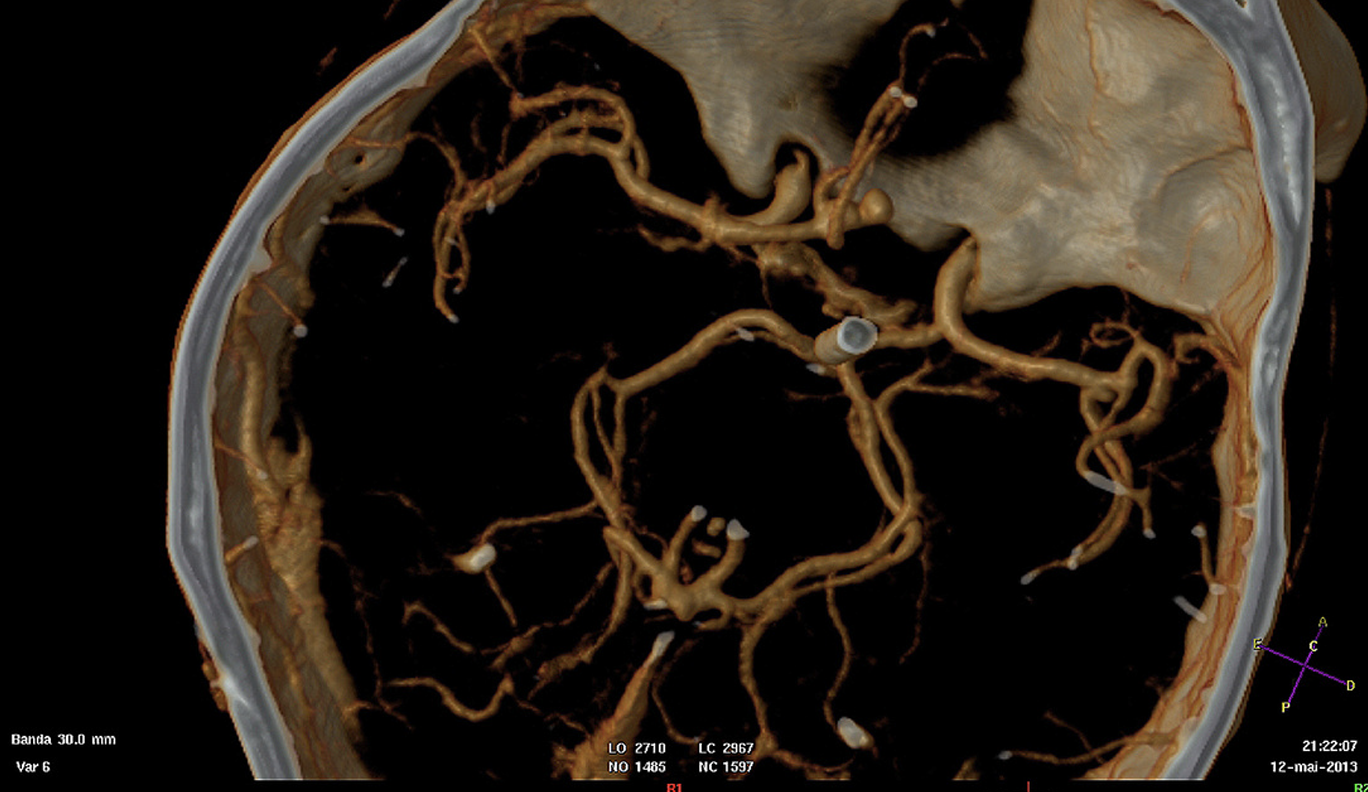
Computed Tomography Perfusion and Angiography for Death by Neurologic Criteria
Chassé, Michaël et al.
JAMA Neurology, June 13, 2025
Corresponding author: Michaël Chassé - michael.chasse@umontreal.ca
Accurate determination of death by neurologic criteria (DNC) is critical for clinical decision-making and organ donation. This Canadian multicenter prospective blinded cohort study (15 ICUs; 282 patients at high risk of DNC) evaluated the effectiveness of brain CT perfusion and CT angiography as ancillary tests against standardized clinical DNC.
- Brainstem CT perfusion (qualitative): sensitivity 98.5%, specificity 74.4%.
- Whole-brain CT perfusion (qualitative): sensitivity 93.6%, specificity 92.3%.
- CT angiography: sensitivity 75–87%, specificity 89–91%.
- Interrater reliability: excellent (κ 0.81–0.84).
- Safety: minor adverse events in 5%, none serious.
Neither CT perfusion nor CT angiography achieved the prespecified validation threshold (>98% sensitivity and specificity). The authors conclude that clinical examination remains the cornerstone of DNC, with imaging tests serving only as ancillary support in select cases, particularly when confounding factors preclude full clinical evaluation and always remembering that some patients with no clinical brainstem function may still have residual blood flow and not demonstrate global intracranial circulatory arrest.
Summary prepared by Dr. Lulama Luthuli

Withdrawal of Life-Sustaining Treatment and Organ Donation After Circulatory Death: Consequences of Legislative Separation
Claire O'Callaghan & Brendan Parent.
Journal of Law, Medicine & Ethics, July 22, 2025
Corresponding author: Claire O'Callaghan - claire.ocallaghan@sydney.edu.au
This article examines the regulatory separation—or “decoupling”—between laws governing withdrawal of life-sustaining treatment (WLST) and those governing organ donation after circulatory death (DCD). While intended to prevent conflicts of interest and uphold the “dead donor rule,” this separation often creates ethical and logistical dilemmas at the bedside.
Key challenges identified include:
- The “limbo period” where WLST is delayed pending organ donation evaluation, causing potential patient suffering and distress to families.
- Conflicting documents (advance directives vs. first-person authorization) without clear precedence, leading to confusion about whose wishes take priority.
- Resource and logistical burdens of DCD, such as transfers and operating room requirements, which may impact patient and family preferences for end-of-life circumstances.
- Counseling gaps, with unclear timing and roles for ICU staff versus organ procurement organization representatives, risking mistrust.
- Different decision-makers, as surrogates for WLST and authorized decision-makers for donation may not be the same person.
Through case studies (“Dennis” and “Sally”), the authors illustrate how these conflicts manifest in practice, often undermining patient autonomy and causing moral injury for clinicians. They conclude that revisions to the Uniform Health Care Decisions Act and Uniform Anatomical Gift Act are needed, including clearer conflict resolution mechanisms, integration of WLST and donation planning, and standardized counseling guidance. Without reform, the potential of DCD may be undermined by erosion of trust and ethical compromises.
Summary prepared by: Dr. Lulama Luthuli
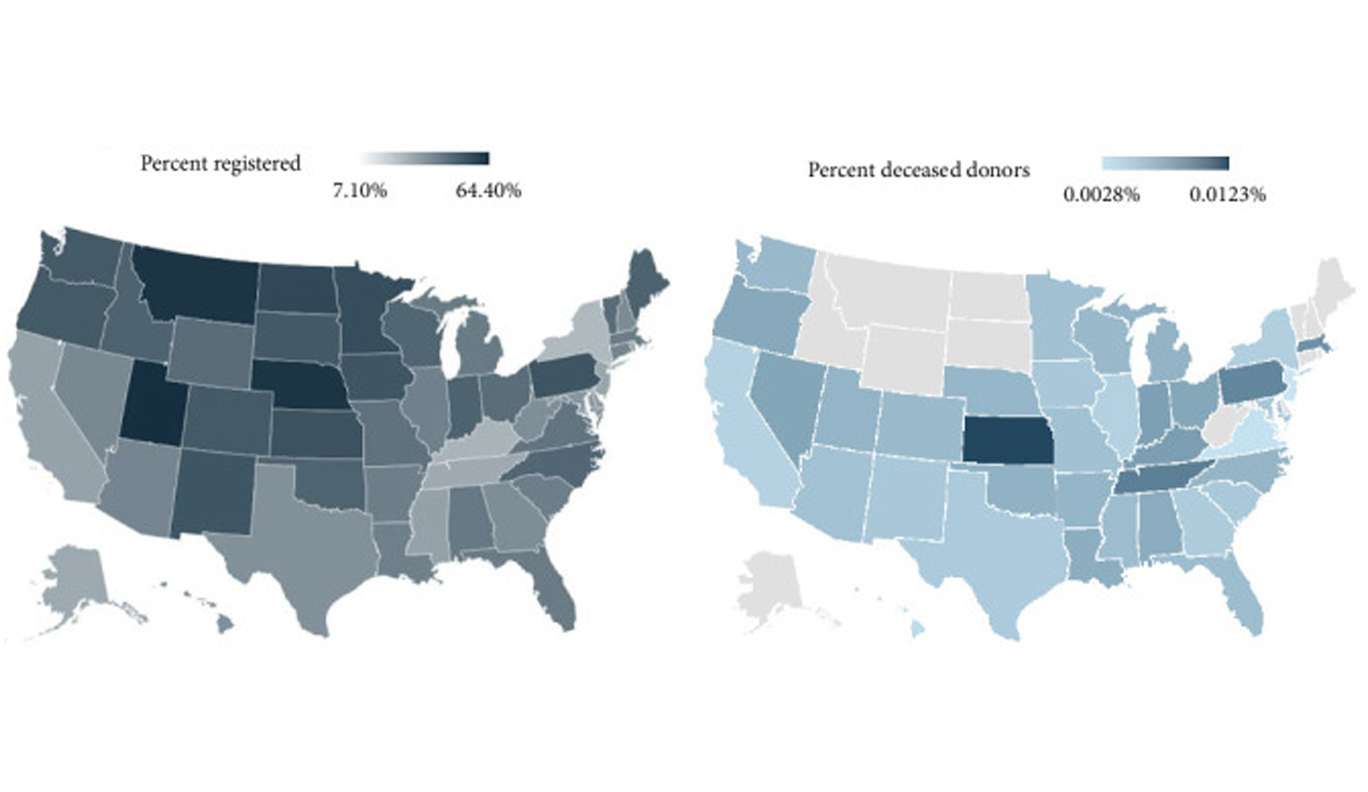
Latent Profiles of Deceased Organ Donation Registrants and Nonregistrants in the United States
Kirshenbaum, Ari et al.
Journal of Transplantation, July 18, 2025
Corresponding author: Ari Kirshenbaum - akirshenbaum@smcvt.edu
Approximately half of the United States citizens are unregistered for deceased organ donation. This study used Latent Profile Analysis (LPA) to identify latent profiles associated with distinct patterns influencing registration. They used data from the October-November 2023 National Behavioural Health Survey (NBHS) (N = 11 083) and identified three subgroups:
- Profile 1: Young and healthy (mean age 26). This group had the lowest rate of registration.
- Profile 2: Older and Optimal healthcare access (mean age 64). This group had the highest rate of registration.
- Profile 3: Younger with elevated health symptoms (mean age 29). This group had higher registration than profile 1.
The low rate of registration in profile 1 is mostly due to apathy and distrust (both modifiable barriers). Factors associated with higher registration rates included higher income (marginally so), higher education level, and better access to and satisfaction with health care services.
This study implies that organ donation campaigns should target younger people, especially through social media; there should be a focus on education and correcting misinformation surrounding deceased organ donation, and registration should be made easily accessible.
Summary prepared by: Dr. Hettie Le Roux

Policy innovations to advance equity in solid organ transplantation
Jaure, Allison et al.
The Lancet, July 26, 2025
Corresponding author: Allison Jaure - allison.jaure@sydney.edu.au
Solid organ transplantation has advanced significantly, but major disparities in access and outcomes persist globally. Equity in transplantation is defined as ensuring every person with end-stage organ disease has a fair chance to receive a transplant and the necessary follow-up care.
However, substantial global and national inequalities persist in access to this life- saving therapy. High-income countries (HICs) dominate transplantation activity, while many low- and middle-income countries (LMICs) have very low rates. This forces patients to often travel abroad for treatment, limiting access to wealthy individuals.
Significant inequalities also exist within countries: marginalized populations such as ethnic minorities and individuals from low-income backgrounds or rural areas face barriers. They are often referred for transplantation later, have limited access to specialized care, and suffer from financial hurdles.
Financial constraints are also a major hurdle, as many nations do not cover the full costs of the procedure or lifelong immunosuppressive medications. Additionally, geographical disparities mean that rural residents often have less access to transplant centers, which are typically concentrated in urban areas.
To address these issues, the article proposes several policy solutions. These include adopting universal health coverage, strengthening local clinical capacities through training programs and international partnerships, and implementing policies that improve patient navigation through the complex healthcare system. Increasing organ availability is also crucial, with policies supporting living donation through financial reimbursement for donors and a streamlined evaluation process. Ultimately, the goal is to create equitable systems where new technologies and medical breakthroughs benefit all who need them, regardless of their location, background, or financial status.
Summary prepared by Dr. Astrid Lackinger

Organ procurement coordinators’ experiences with family refusals in cadaveric organ donation: a qualitative analysis
Hı̇cran Karataş & Şener Balas
BMJ Open, April 17, 2025
Corresponding author: Hı̇cran Karataş - hkaratas@bartin.edu.tr
This qualitative study from Türkiye explores why families refuse cadaveric organ donation despite widespread need. Thirty experienced organ procurement coordinators (OPCs) were interviewed, revealing five consistent barriers: religion, concerns about the deceased’s wishes, desire to choose recipients, familial dynamics, and folklore.
Religious concerns included fears about bodily integrity in the afterlife, resurrection with incomplete bodies, and whether a recipient’s sins might burden the donor’s soul. Families often doubted the adequacy of written donor declarations, giving more weight to verbal statements—even from children—about the deceased’s intentions. Another barrier was the family’s wish to direct organs to certain recipients, often younger or co-religionists, which conflicted with allocation policies and privacy laws.
Family dynamics were critical: a single dissenting relative could block consent, sometimes even distant kin who had little prior involvement with the donor. Folklore and urban myths further undermined donation: families feared organ theft, confused brain death with coma, or believed in miracle recoveries. Misconceptions reinforced by media and community narratives amplified mistrust.
The study concludes that OPCs face profound cultural challenges and emotional strain in navigating refusals. Culturally sensitive strategies, involvement of trusted religious leaders, legal reforms to clarify authority, and better public education about brain death are essential to improving donation rates.
Summary prepared by: Dr. Francesca Galbiati
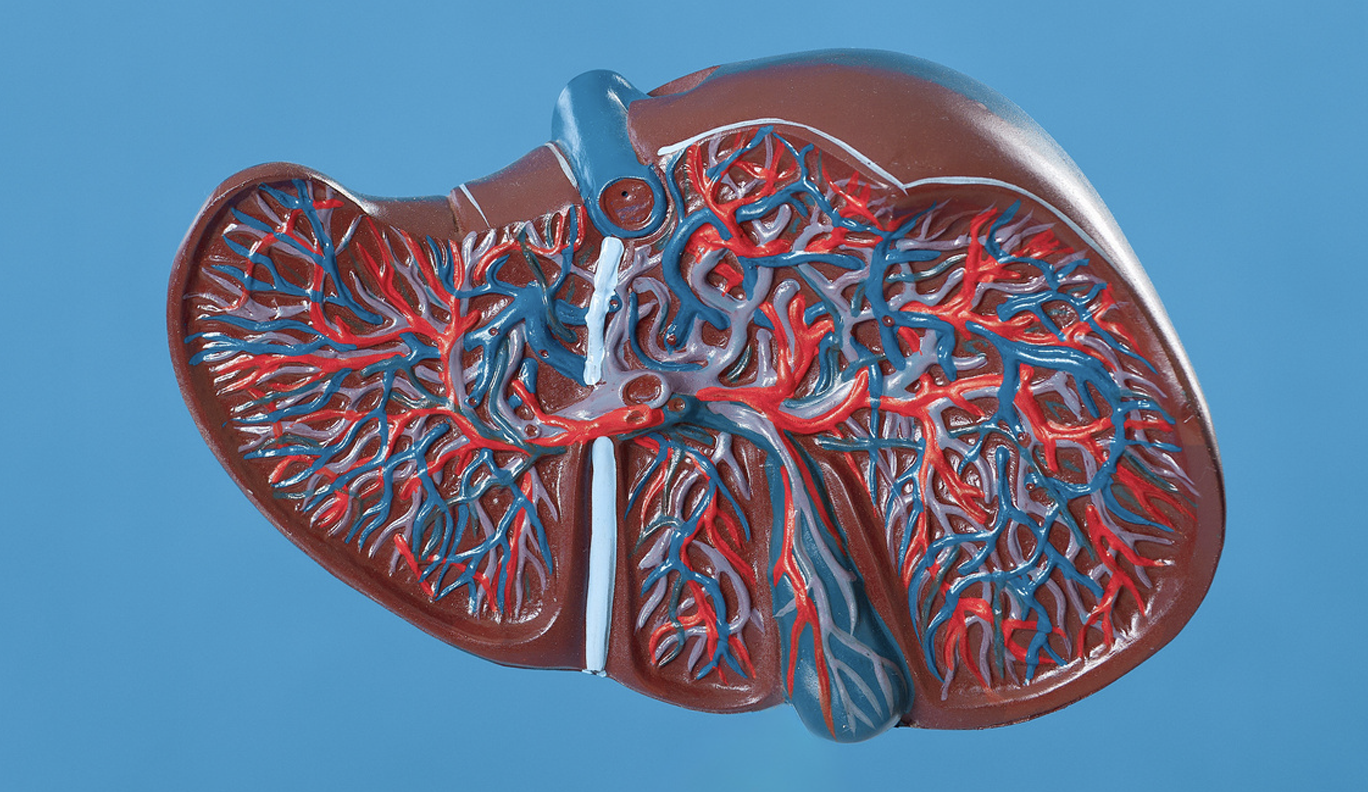
The IDEAL framework for machine perfusion in liver transplantation
Van Leeuwen, Otto et. al
Nature Reviews Gastroenterol Hepatol, June 16, 2025
Corresponding author: Vincent E. de Meijer - v.e.de.meijer@umcg.nl
Liver transplantation faces challenges due to organ shortages and the increasing use of marginal donor livers, which are more susceptible to ischemia-reperfusion injury. Machine perfusion (MP), an innovative dynamic preservation technique, offers a solution to improve graft preservation, assess viability, and enhance post-transplant outcomes.
In this review the authors apply the IDEAL (Idea, Development, Exploration, Assessment, Long- term Study) to evaluate the development and potential of machine perfusion in liver transplantation, providing a systematic and evidence-based approach to the introduction of new technologies for professionals.
In the Idea stage, early animal studies and initial human trials established the feasibility of hypothermic, normothermic and subnormothermic perfusion, demonstrating reduced preservation injury compared to static cold storage.
The Development phase refined perfusion protocols, incorporating biomarkers for real-time graft viability assessment and techniques like normothermic regional perfusion for donation after circulatory death (DCD) livers.
The Exploration stage includes multicenter trials validating safety and efficacy, with studies showing improved graft function and reduced complications.
The Assessment phase emphasizes the need for large-scale randomized controlled trials to compare machine perfusion against traditional methods, focusing on clinical endpoints like graft survival and patient outcomes.
Finally, the Long-term Study phase calls for post-implementation surveillance to evaluate cost- effectiveness and long-term graft performance.
By providing a structured framework, the authors aim to accelerate the integration of machine perfusion into routine clinical practice, ultimately leading to improved patient and graft survival rates in liver transplantation. However, challenges remain, including standardizing protocols, navigating regulatory and cost barriers. Ongoing trials and collaborative research are critical to establishing machine perfusion as a standard of care.
Summary prepared by Dr. Eghosa Obaseki
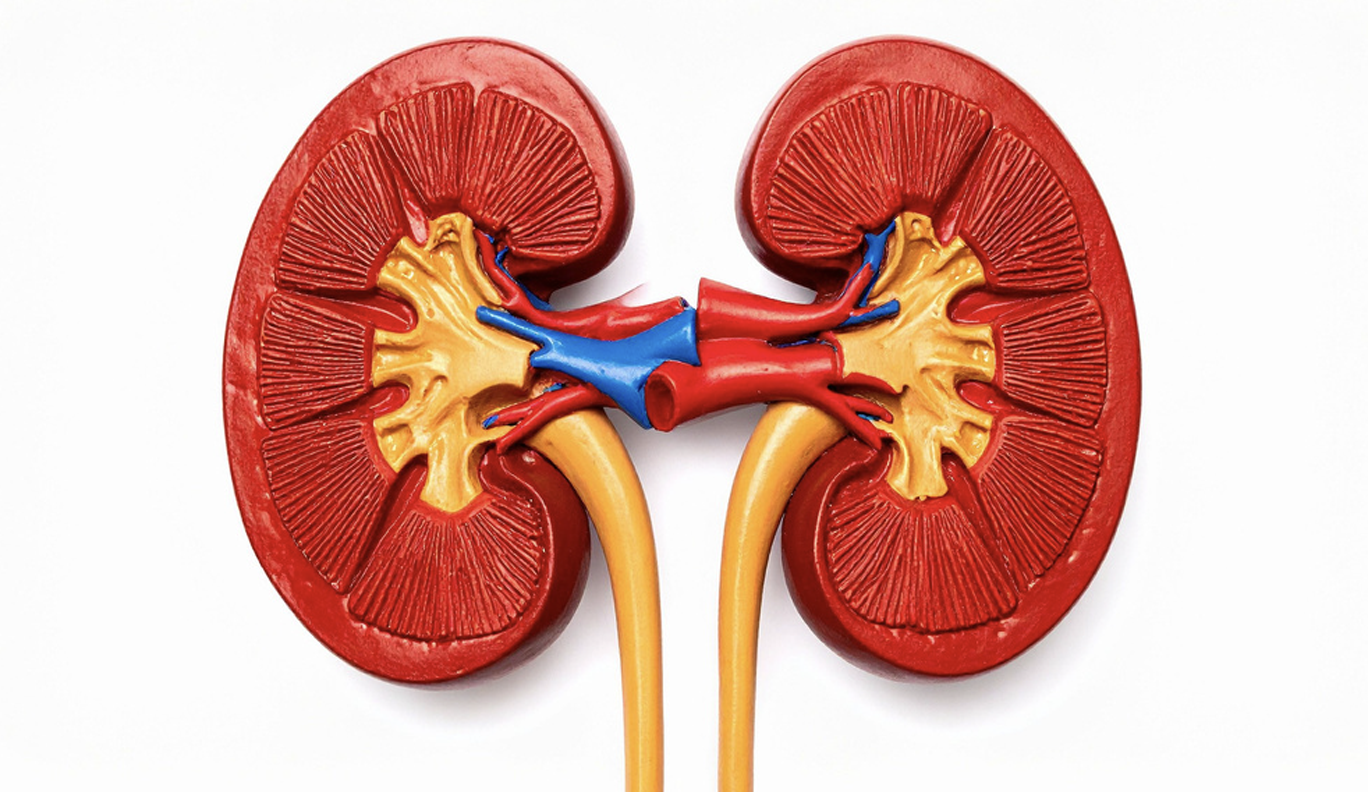
Opportunities and challenges with the implementation of normothermic machine perfusion in kidney transplantation
Rabelink, Ton et al.
Nature Communications, July 25, 2025
Corresponding author: Stefan Schneeberger - stefan.schneeberger@i-med.ac.at
Kidney transplantation is the most effective treatment for end-stage renal disease, though worldwide organ shortage and high discard rates remain significant issues. In the United States alone, 18,527 kidneys were recovered but not transplanted in 2023, and the proportion of discarded organs has increased from 13.8% in 2012 to 19.4% in 2023. This recent review by Rabelink et al. explores the role of normothermic machine perfusion (NMP) in enhancing kidney preservation by potentially shortening or even replacing cold storage, while allowing for assessment of organ function and viability. NMP could therefore become a transformative tool to facilitate higher future utilisation of procured kidneys.
Unlike static cold storage (SCS) or hypothermic machine perfusion (HMP), NMP maintains donor kidneys at near-physiological temperature using oxygenated perfusate, offering the advantage of assessing organ function before transplantation. Recent studies have demonstrated that NMP can facilitate metabolic resuscitation to preserve mitochondrial function and minimise ischaemia– reperfusion injury, as well as other detrimental effects from ischaemia and inflammation. The authors identify several potential clinical applications for NMP, including viability testing, reconditioning of damaged grafts, extending preservation time, and serving as a platform for therapeutic intervention.
Numerous studies support the safety and feasibility of NMP. The recent NEXT-Kidney trial in Australia demonstrated a significant reduction in delayed graft function (DGF) at 1 month for kidneys from donation after circulatory death (DCD) that had undergone 1-3 hours of NMP compared to those preserved using SCS. Other trials have investigated perfusion-based scoring systems to assist in organ acceptance decisions, suggesting NMP could reduce unnecessary organ discards. However, these trials have been limited by short perfusion durations and small sample sizes, and have yet to establish long-term efficacy in graft function or survival.
The clinical implementation of NMP can address certain modifiable factors contributing to organ discard, such as extended cold ischaemia time, kidney injury or function with limited pre- assessment, and hard-to-place (HTP) kidneys. The field of liver transplantation has already demonstrated the clinical benefits of NMP, leading to its wider implementation. In contrast, NMP in kidney transplantation is still in its early stages, facing several challenges, including logistical complexity, a lack of standardised protocols, high costs, regulatory classification issues, and the absence of validated viability biomarkers, which limit its broader use.
The authors conclude that while NMP shows significant promise for improving organ utilisation and transplant outcomes, further clinical trials, technological development, and policy support will be essential for its integration into routine practice.
Summary prepared by Dr. Manahil Malik

On-Table Reanimation of a Pediatric Heart from Donation after Circulatory Death
Kucera, John et al.
The New England Journal of Medicine, July 16, 2025
Corresponding author: Joseph Turek - joseph.turek@duke.edu
Pediatric heart transplantation remains constrained by the scarcity of suitable donor organs. Mortality on the waitlist is high: up to 20% of infants die before receiving a heart, and even those supported with ventricular assist devices face significant risk. Donation after circulatory death (DCD) with normothermic regional perfusion (NRP) has shown promise in expanding the donor pool; however, ethical concerns—particularly regarding the re-establishment of circulation and potential brain perfusion—have limited its adoption in many centers and jurisdictions.
This report from Duke University describes an innovative alternative: on-table ex-vivo reanimation of a pediatric donor heart following circulatory death. In the case presented, a 1-month-old donor was declared dead by circulatory criteria, and the heart was rapidly procured. Instead of initiating NRP, the team employed a custom back-table circuit (comprising a roller pump, pediatric oxygenator, vent, and an adapted open reservoir) to perfuse and reanimate the heart ex vivo. Cardiectomy took 3 minutes and 38 seconds. After that, 1 minute and 39 seconds later, the heart resumed sinus rhythm with good ventricular function outside of the body. Observed for 5 minutes and 39 seconds, it was then flushed, cooled and placed in static cold storage before being transplanted into a 3-month-old recipient with dilated cardiomyopathy.
The outcome was favorable: the transplant was uncomplicated, the infant was discharged home two months later, and at three months’ follow-up demonstrated normal cardiac function without evidence of rejection. The authors suggest that on-table reanimation may provide a feasible pathway for centers unable or unwilling to use NRP, potentially broadening the availability of pediatric DCD hearts.
While ethical questions about the “reanimation” of organs remain, this technique avoids re-establishing circulation in situ and may offer an ethically acceptable compromise. Broader validation will be challenging given the rarity of pediatric DCD hearts, but the innovation marks an important step toward addressing critical shortages in pediatric heart transplantation.
Summary prepared by Dr. David Thomson
Social
Contact
Address
International Society for Organ
Donation Professionals
c/o The Transplantation Society
740 Notre-Dame Ouest
Suite 1245
Montréal, QC, H3C 3X6
Canada


